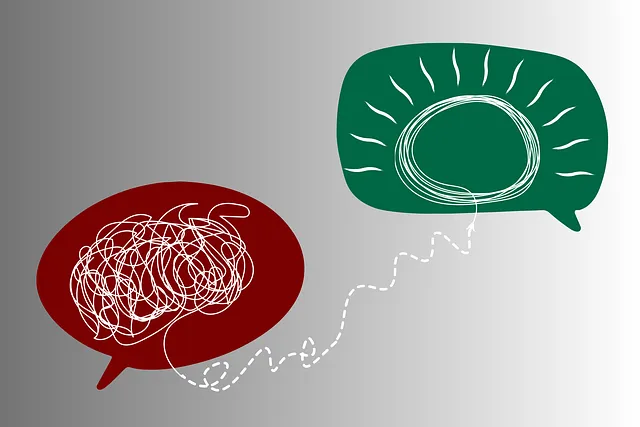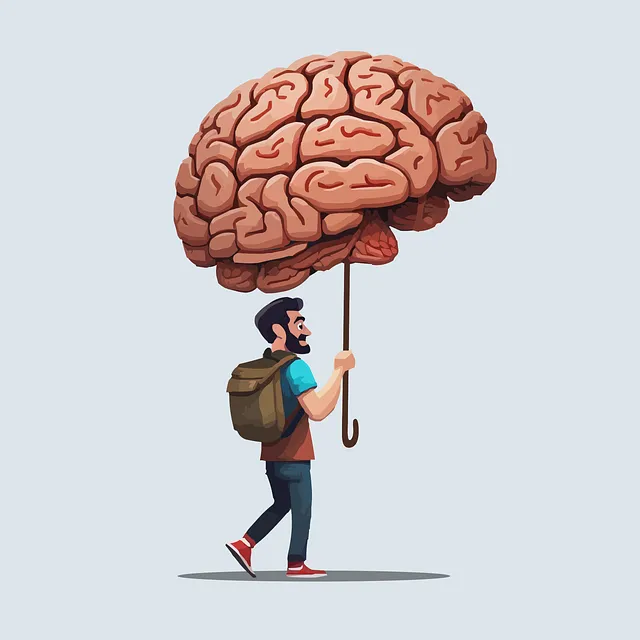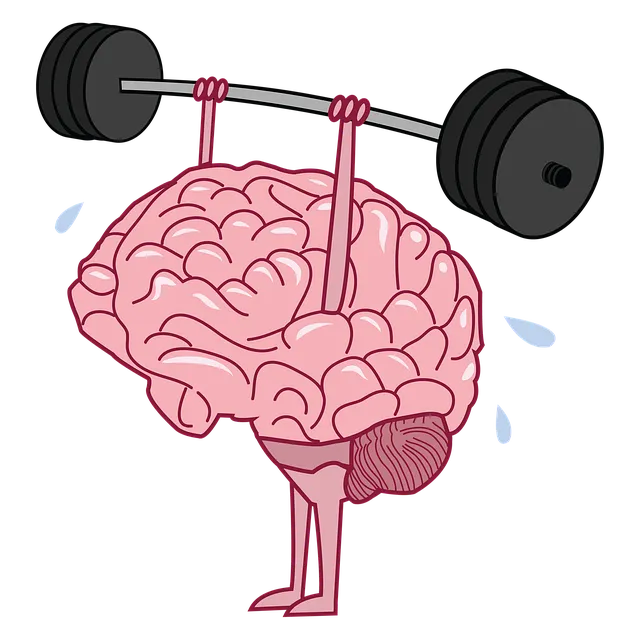The Longmont Kaiser Permanente mental health facility prioritizes cultural competency as a key element of patient-centric care, fostering an inclusive environment that respects and addresses diverse cultural needs. Through comprehensive training involving skill assessment, interactive workshops, open dialogue, feedback sessions, and peer mentoring, the facility ensures healthcare providers are equipped to offer tailored interventions enhancing patient outcomes and breaking down mental wellness stigmas. This multifaceted approach, incorporating annual reviews and public awareness campaign strategies, promotes emotional healing across cultures while fostering stronger connections with diverse patient populations.
“Cultural competency training is a game-changer in healthcare, especially at facilities like Longmont Kaiser Permanente Mental Health Facility (LKP MHFA). This article explores why such training is pivotal in improving patient care and outcomes. We delve into the key components of effective programs designed for mental health professionals, offering strategies for implementation and continuous improvement at LKP MHFA. By understanding cultural competency, healthcare providers can better navigate diverse patient needs, fostering a more inclusive and supportive environment.”
- Understanding Cultural Competency in Healthcare: Why It Matters at Longmont Kaiser Permanente Mental Health Facility
- Key Components of Effective Training Programs for Mental Health Professionals
- Implementation and Continuous Improvement Strategies for Cultural Competency Training at LKP MHFA
Understanding Cultural Competency in Healthcare: Why It Matters at Longmont Kaiser Permanente Mental Health Facility

At Longmont Kaiser Permanente Mental Health Facility, cultural competency goes beyond basic awareness; it’s a cornerstone of patient care and treatment effectiveness. Understanding and appreciating the diverse cultural backgrounds, beliefs, and values of patients is crucial in creating an inclusive environment where every individual feels respected and heard. This understanding permeates all aspects of mental healthcare delivery, from initial risk assessment for mental health professionals to ongoing therapy sessions.
Cultural sensitivity in mental healthcare practice involves tailoring interventions to meet the unique needs of each patient. By incorporating cultural competency training into their practices, mental health professionals at Longmont Kaiser Permanente boost their confidence in navigating complex cultural dynamics, thereby enhancing their ability to provide personalized care. This approach not only improves patient outcomes but also fosters a deeper connection between healthcare providers and the diverse community they serve.
Key Components of Effective Training Programs for Mental Health Professionals

Effective training programs for mental health professionals at facilities like Longmont Kaiser Permanente mental health facility must incorporate several key components to ensure comprehensive learning and skill development. Firstly, these programs should emphasize cultural competency, equipping staff with the ability to understand and appreciate diverse patient backgrounds, beliefs, and values. This component is crucial in fostering an inclusive environment that promotes emotional healing processes across different cultures.
Secondly, interactive and hands-on training methods, including role-playing scenarios and group discussions, enhance learning outcomes. These activities enable professionals to practice applying cultural competency principles in real-world contexts, enhancing their ability to navigate complex patient interactions. Additionally, integrating public awareness campaigns development strategies into the curriculum can educate both staff and the broader community about mental wellness, breaking down stigmas and promoting open conversations about emotional healing processes.
Implementation and Continuous Improvement Strategies for Cultural Competency Training at LKP MHFA

At Longmont Kaiser Permanente mental health facility (LKP MHFA), implementing and continually improving cultural competency training for healthcare providers is a multifaceted approach. The program starts with comprehensive assessments to understand the current skill levels and knowledge gaps among staff, ensuring tailored interventions. Interactive workshops focusing on topics like emotional intelligence and diverse cultural perspectives are organized regularly, leveraging both theoretical learning and practical case studies.
For sustained progress, LKP MHFA integrates cultural competency into daily practices by encouraging open dialogue, regular feedback sessions, and peer mentoring. They also foster a culture of continuous improvement through annual reviews, where trainees reflect on their growth and identify areas needing further development in mental wellness and emotional intelligence. This holistic strategy not only enhances the quality of care but also strengthens the bond between healthcare providers and diverse patient populations.
Cultural competency training is a vital component in enhancing patient care, especially at diverse healthcare facilities like Longmont Kaiser Permanente Mental Health Facility (LKP MHFA). By focusing on key components such as awareness, knowledge, and skill development, LKP MHFA’s implementation strategies ensure that mental health professionals are equipped to navigate cultural nuances effectively. Continuous improvement through regular assessments and feedback loops enables the facility to adapt its training programs, fostering a more inclusive and compassionate healthcare environment for all patients, reflecting the facility’s commitment to excellence in mental health services.






